“Religion is constructed for the most vulnerable aspects of one’s life – it doesn’t matter whether I believe or not”: Nick Cave on Wild God
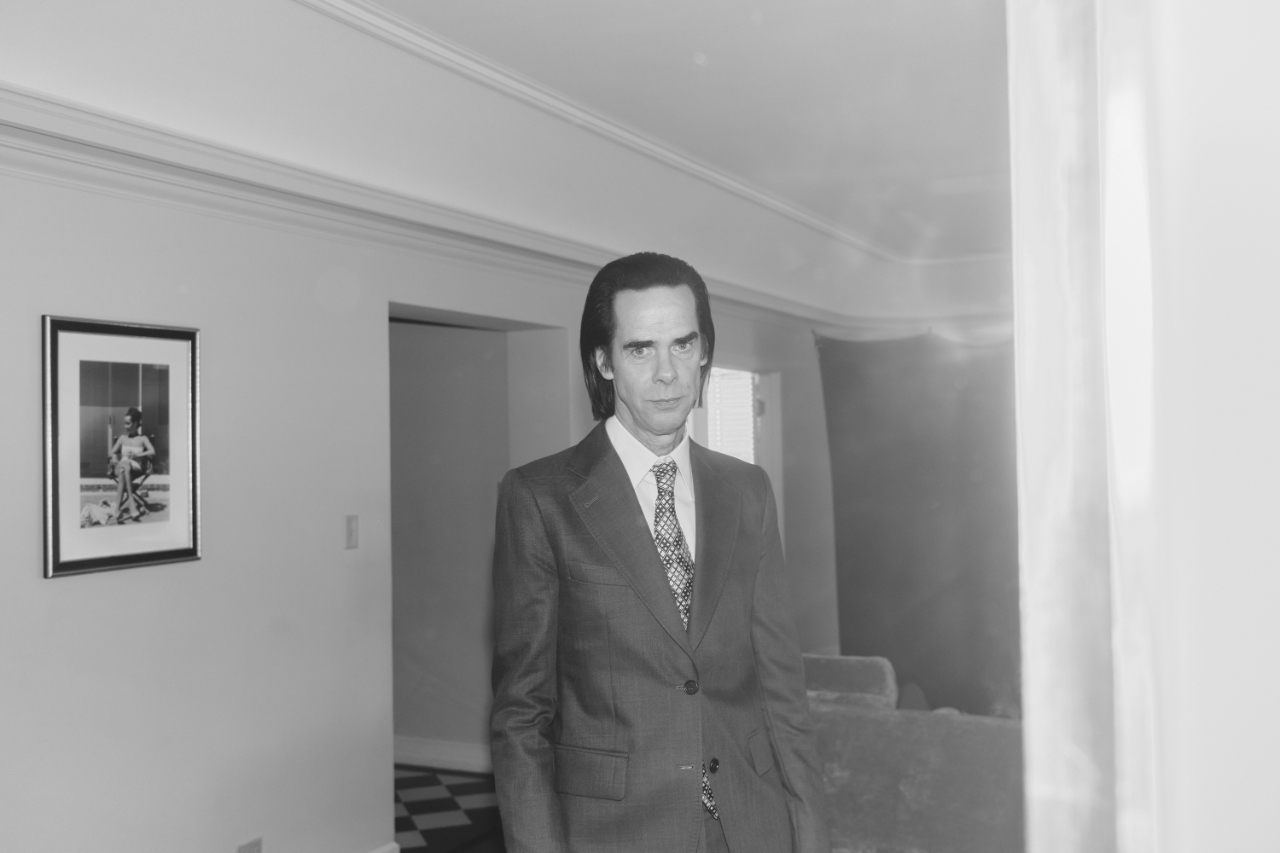
On the eve of the release of Nick Cave and the Bad Seeds’s new album Wild God, Rough Trade and London’s Kings Place hosted an exclusive Q&A event. After hearing the album in full for the first time, some lucky fans had the priceless opportunity to address Cave himself.
Looking incredibly elegant, Cave strolls on stage right on time, welcomed by a sea of faces eagerly awaiting the chance to speak to him. For a moment, the Australian singer appears taken aback, which might be due to his past experiences dealing with audience feedback. He starts the evening with one of the many hilarious anecdotes in his arsenal: he recalls when he released Ghosteen, the band’s 17th studio album, and the chain of emojis that ensued – “a tsunami of turds”. Nothing of the kind this time around though.
The first fan to ask a question comments on the cinematic quality of the album. “It’s because you’re in a cinema,” Cave replies, before delving into the production process. “It had a particular kind of production. It was mixed by Dave Fridmann. It has a purely emotional and raw feel to it – it’s not complex or elegant. I mentioned this to Dave and he said he’d trade elegance for raw emotion any day of the week. And that’s what it does for me.” As later narrated by Cave, who is a master storyteller with a dry and sly sense of humour, he and Warren Ellis recorded the album at Fridmann’s studio, a cabin in the woods. A surreal experience for Cave, who would usually go for a different sound – “a lot of strings, a lot of choir” – but was then happy with the final result.
It is more surprising to hear about his relationship with his voice, and how it has evolved over the years, which the artist explains with openness and candour. “I didn’t and haven’t liked my voice for the longest time, and that came from a lot of messaging I had when I started. I grew into this business thinking I couldn’t sing very well. But I’m happy with the way it has become. It has a richness when it’s recorded in a particular way. There’s a technique to recording me that you don’t get in a live situation.”
One of the most interesting questions, however, addresses the main themes of the album: religion and spirituality, and Cave’s relationship with belief and disbelief. “I don’t see the difference between the two,” he says. “My religious nature is not predicated upon belief or unbelief. There’s something that I get from it that affects me in a way I don’t get affected by anything else. It’s a place where I can take certain feelings I have that I can’t take anywhere else. Religion is constructed for the most vulnerable aspects of one’s life. It doesn’t matter whether I believe or not.”
Someone then asks what many others are probably also wondering: “Why Wild God?”
“The image came first. Famously I put a date on the calendar and, on that day, I start working on the record. I like recording but not writing. But what happens in that process is that the images come.” In this case, it was the image of a man floating around with long hair that would eventually situate itself at the centre of the album and attach itself to it. “This character seems to lurk around in different songs and in different ways. Tiny fragments come together over a long period of time. It’s playing with abstract things.”
The evening could carry on forever; it is such a pleasure to hear Cave alternate between facetiousness and sincerity. Two things he said struck a chord: “A song is a terrible failure if it has no universal message. I try to write about things that are closest to me, which are often ordinary, and breathe life into them.” And also, “Joy and happiness are not the same. Joy is hard-earned.”
Benedetta Mancusi
Image: Ian Allen
Wild God is released on 30th August 2024. For more information, visit Nick Cave’s website here.
Watch the video for Wild God here:



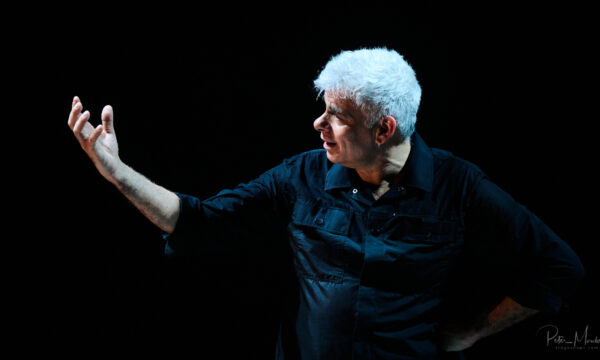


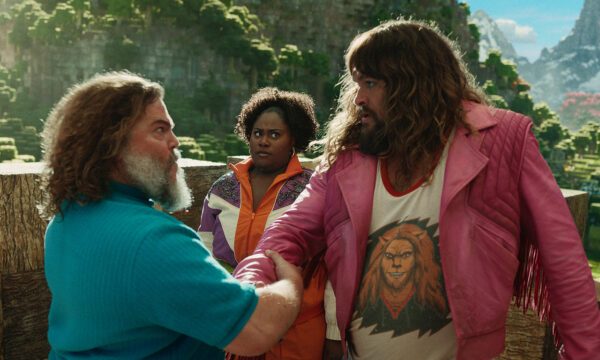

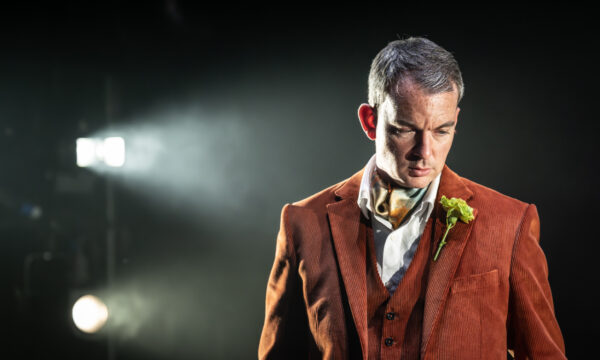
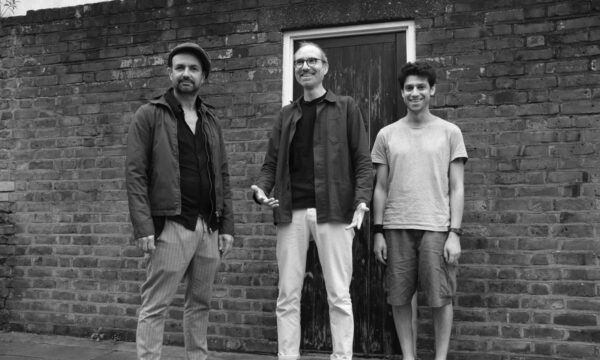
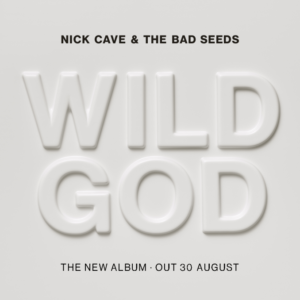










Facebook
Twitter
Instagram
YouTube
RSS